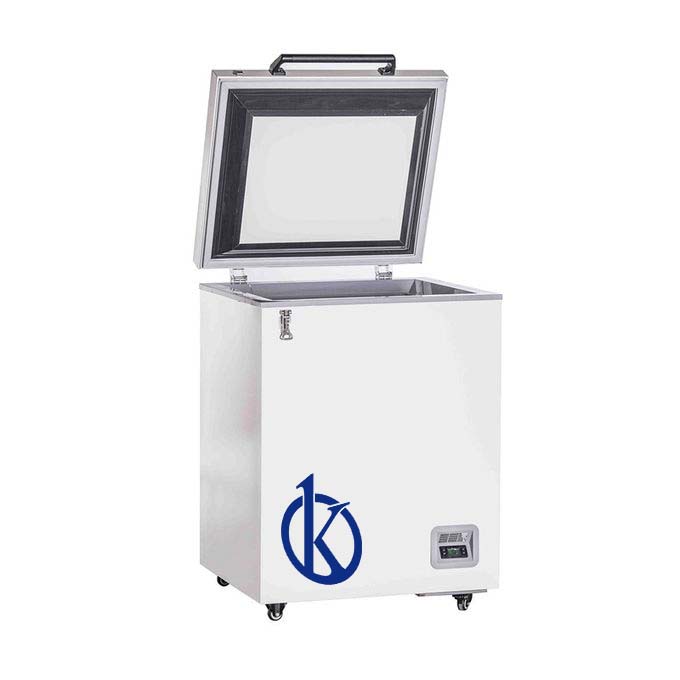Refrigerators are equipment used in the laboratory with the function of refrigerating, preserving and storing reagents, culture media, biological and bacterial samples, among others. These equipments provide reliable cooling and stable temperature.
Microbiology is the science that is responsible for the study of microorganisms and their activities. This involves its shape, structure, physiology, reproduction, metabolism, and identification. The goal of Microbiology is to understand the harmful and beneficial activities of microorganisms and through this understanding, design the way to increase benefits and reduce or eliminate damage.
In the field of microbiology, professionals in the area use refrigerators to generate a suitable environment for the conservation of culture media, as well as storage of microbes.
The microbiologist generally has three uses for refrigerated cultures, storing them for later use, preventing their overgrowth, and reducing the rate of cell activity.
- Storage of cells for later use: Bacteria are unicellular microorganisms, if they reproduce, there will be a greater number of cells. Most microorganisms are mesophilic, that is, they grow between 25 ° C and 40 ° C. Storing them in the refrigerator prevents them from continuing to multiply. Refrigeration maintains individual colonies and ensures that they are isolated for better identification and analysis.
- Cooling cells to avoid overpopulation: Cooling also inhibits the rate of chemical reactions in microorganisms and reduces the growth of psychotropic microorganisms. Low temperatures slow down the changes that a microorganism can present at room temperature, prevents cell processes from occurring rapidly, and slows cell growth and death.
- Refrigeration controls cell overpopulation. When there is overcrowding, the nutrients in the growing medium are depleted. What causes cell death due to lack of nutrients, and also too many cells leads to a greater accumulation of toxic waste. A controlled temperature environment also allows evaluating how other variables affect cell growth. Bacteria can mutate as they divide, so refrigeration prevents changes in the organisms.
Since most bacteria and microorganisms grow rapidly at room temperature, refrigeration allows microbiologists the effects of how microorganisms mutate or multiply when combined with different types of media. It would become impossible to register this type of effect at room temperature due to the exponential growth rate of microorganisms in an environment without refrigeration.
Why are refrigerators important in microbiology?
Refrigeration as a technique provides the conditions through which it is possible to conserve elements and their derivatives necessary for diagnosis, research and provision of health services. Thanks to the use of refrigerators, the media, antibiotics, reagents and microbial cultures can be correctly preserved. As all these substances are well preserved, the analyzes carried out will yield optimal results.
These types of refrigerators like any other should be in a ventilated area. It should not be attached to the wall and if possible it should be near a window. It is very important that the walls of the refrigerator do not heat up and for this there must be ventilation in the room.
At Kalstein we are MANUFACTURERS and we offer you an excellent range of refrigerators at the best PRICES on the market. That is why we invite you to take a look at the Products menu. HERE


